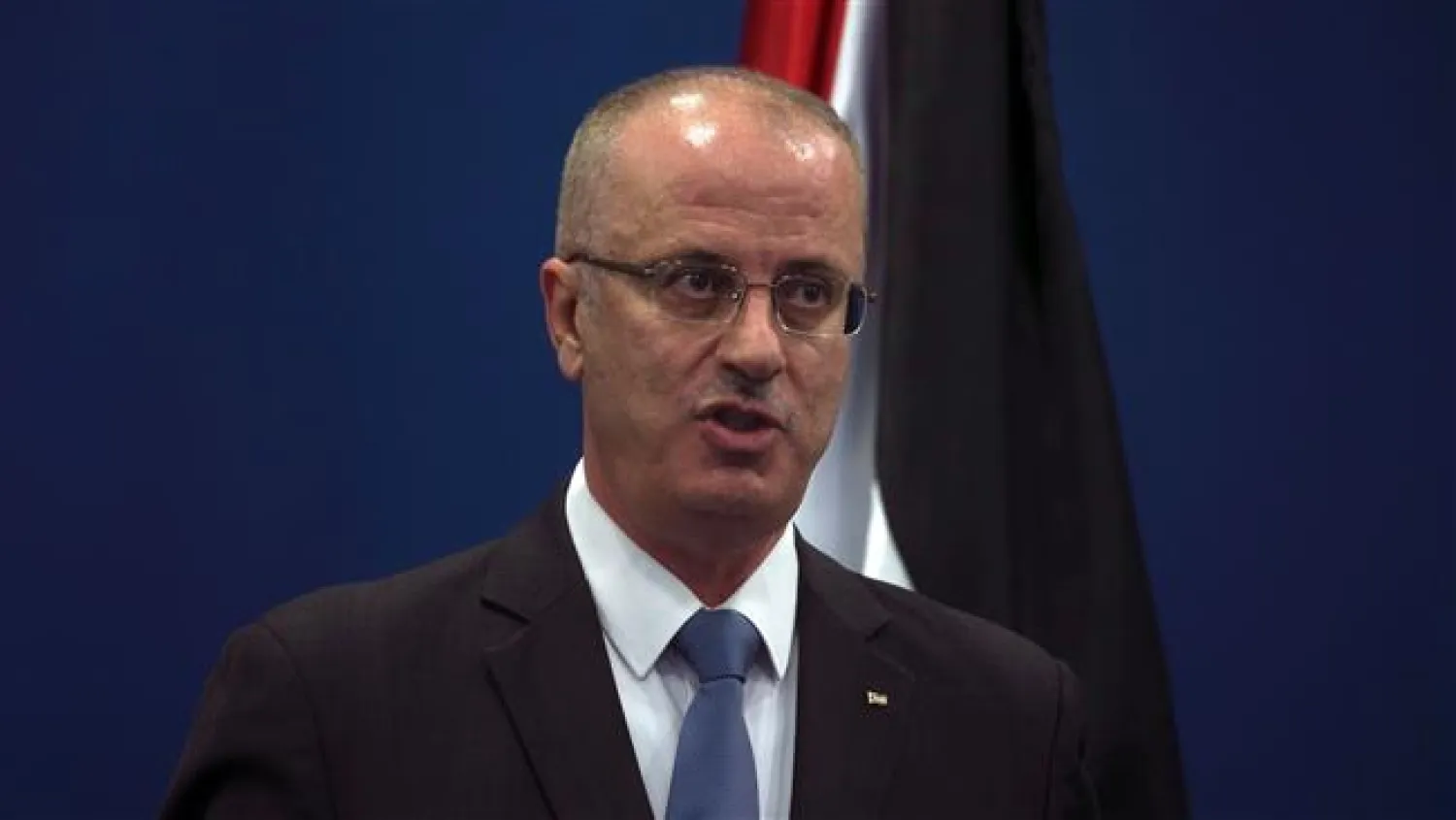The Palestinian government announced that it will hold a meeting in Gaza next Tuesday to turn the page of the administrative committee formed by Hamas and give the green light for the ministries and institutions in Gaza Strip.
Spokesman for the Palestinian government Youssef al-Mahmoud said, “Prime Minister Rami Hamdallah has decided after consulting with President Mahmoud Abbas that the government will hold its weekly meeting in Gaza next week.”
“Hamdallah and members of the government will arrive in Gaza next Monday to start taking over government responsibilities after Hamas announced its agreement to dissolve the administrative committee and enable the government to assume its full responsibilities,” he added.
Hamdallah determined the purposes behind the government’s visit to Gaza, saying that he aims at knowing all the conditions by which the government will work to tackle consequences of the siege, division, and repetitive Israeli aggression.
Hamas welcomed the arrival of the government of Hamdallah to Gaza Strip. A meeting was held in Gaza, in the presence of Hamas chief Ismail Haniyeh, to brief attendees on the outcome of the delegation's visit to Cairo and the agreements reached in the sponsorship of Egyptian intelligence.
Haniyeh affirmed that reconciliation is a strategic decision as he welcomed the government’s intention to visit Gaza, assuring that Hamas would provide all required facilities to let it perform its tasks.
In a later statement, the Palestinian National and Islamic Forces stressed the importance of restoring national unity in Palestine and ending divisions. They also lauded efforts of Egypt in supporting the nation’s causes as well as Hamas dissolving the administrative committee in Gaza Strip to resume implementation of the reconciliation.









